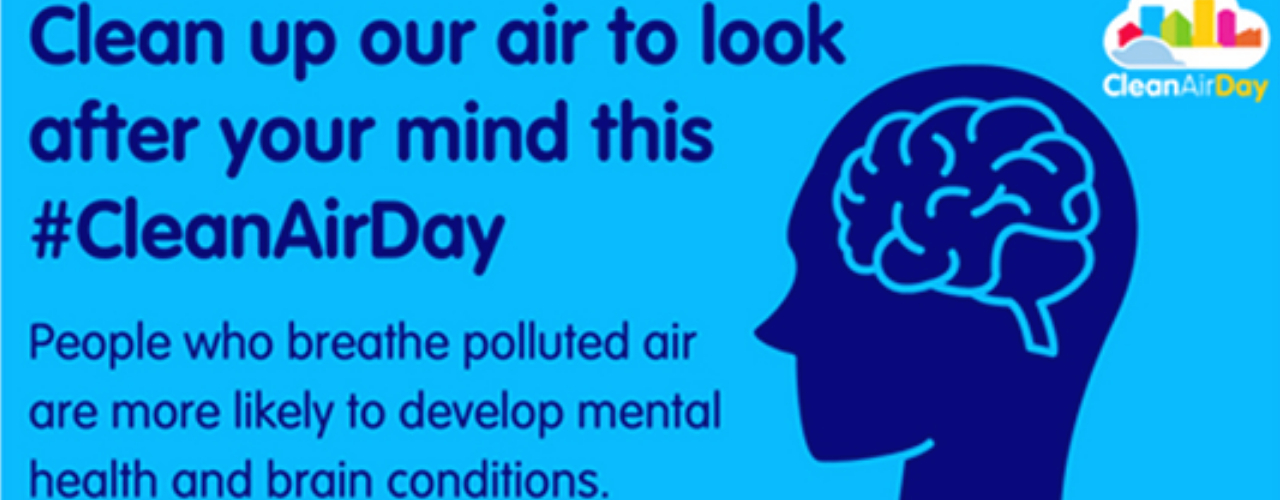
The Building Engineering Services Association (BESA) is marking this year’s National Clean Air Day (CAD) by launching a major new approach to indoor air quality (IAQ) training.
The theme of this year’s CAD #CleanAirDay on June 15th is ‘Clean up our air to look after your mind’ which is designed to draw attention to the impact poor air quality can have on mental health as well as physical well-being.

BESA’s Indoor Air Quality group has produced a series of guides and has been promoting the concept of the building as a ‘Safe Haven’ from polluted outside air for some years. As well as the training, it will unveil a new set of guides focused on the serious health crisis caused by damp and mould in homes and several affiliate members will give presentations on the latest developments in clean air technology and IAQ best practice.
“The pandemic shone a spotlight on the role of ventilation in making indoor spaces safer and healthier and England’s chief medical officer Professor Chris Whitty subsequently called for IAQ monitoring to become ‘standard practice’,” said the group’s chair Nathan Wood.
“Scientists have also begun publishing more evidence around the impact of polluted air on mental health and brain conditions – including links to depression, anxiety, and dementia. When we breathe polluted air, particles can enter our blood stream and reach the brain,” he added.
BESA said it would use the extensive platform provided by CAD on June 15th to reinforce its messages to contractors, developers, designers, manufacturers, builders, occupiers, and maintenance engineers about how they can act positively on buildings and their systems to improve occupant comfort, health, and well-being – and strengthen their businesses in the process.
The Association also wants to step up pressure on the government to be more ambitious in its target setting for reducing air pollution, which currently lags behind the latest WHO Air Quality Guidelines (September 2021). For example: the Environment Act 2021 in secondary legislation sets a concentration target for fine particulate matter (PM2.5) of 10 µg/m3 by 2040 against a WHO target of 5 µg/m3.
“These disappointing targets for outdoor pollution have been carried over to IAQ and are reflected in public health guidance,” said Wood. “Besides a lack of ambition, this defeatist attitude ignores people’s natural expectation that a building should be equipped to protect them from pollution, just as it does from extreme temperatures and noise.
“We will use the opportunity provided by Clean Air Day to show why we can do so much better, including highlighting the need for more and better skilled people able to analyse and solve IAQ problems. That is why we are also delighted to be launching this important training,” added Wood.
BESA’s IAQ Awareness Course will provide a useful introduction for anyone interested in the subject and for people with some working knowledge but who are keen to learn more to help them make better informed decisions.
This short online course explains the importance of Indoor Air Quality (IAQ), the main airborne contaminants that affect buildings, their sources, and the impact on the indoor environment caused by outdoor pollution.
It is not designed to lead to a technical qualification but will help anyone who needs to put together an IAQ strategy for their building and be more aware of the threats to health, well-being and productivity posed by poor air quality.
It should also equip them with enough knowledge of the topic to be able to ask informed questions, establish the kind of technical intervention required, and appoint IAQ/ventilation specialists to carry out improvement or remedial work.
“Everyone in building engineering services should have a basic grounding in air quality solutions and be able to explain how poor IAQ affects human health and well-being and the costs of not addressing it properly,” said Wood. “There is huge demand for this kind of introductory training from right across society because everyone is impacted.
“After all, 90% of people spend at least 90% of their time indoors.”
Post time: Jun-12-2023








